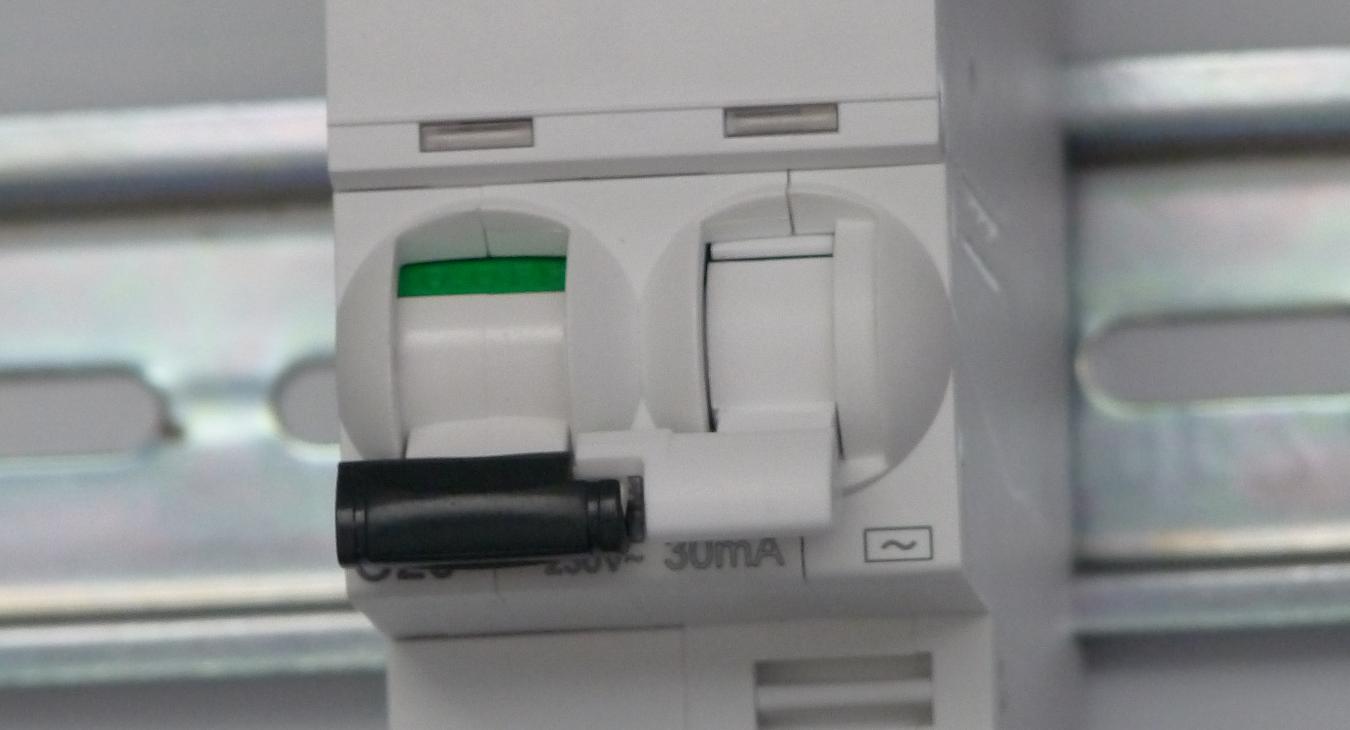
Many of the blogs i have written in the past mention how important it is to have an RCD fitted in your home. Although i've explained the importance of having one, i've never actually explained what an RCD does and how it protects the household.
An RCD stands for Residual Current Device. It is an essential safety device that automatically cuts off the electricity if there is a problem. This might sound pretty boring and bog standard, and you might even wonder what the point of having one is.
An RCD is a quick mover. It detects a problem before you even realise there is one and cuts the power in less than a split second. As an example, if you were mowing your lawn with an electric mower and you accidentally cut through the wire, the RCD would activated and save your life. If you went out and left your washing machine running and it developed a fault, The RCD could save your home from bieng burnt to the ground.
The West Midlands fire service attended many callouts which are due to electrical faults.
In 2009/10 39% of total calls were due to electrical faults, this includes electrical supply and wiring and appliances such as toasters and fridges.
Many home owners in Sleaford ask me what the point is in an RCD, especially when fuses and circuit breakers also cut the power supply if a problem develops.
The fact is an RCD is far more sensitive and will definitely activate in the event of a problem. A fuse or circuit breaker are not guaranteed to react fast enough and it might be too late.
A fixed RCD has been fitted to virtually all circuits new or rewired since 2008. If you have one fitted that is fantastic, if you don't then it is highly recommended that you dp so in order to stay electrically safe in your home.
If you have one it is important that you test them regularly.They are 97% effective, but in the same vain as you shoould test your fire alarm regularly it is worth getting into the habit of testing your RCD on a quarterly basis.
This will keep the mechanical coil inside active and prevent it from failing if it hasn't operated in some time.
Simply hold the button marked T or TEST for a second and it will cut out. If it does not cut out then you need to consult a qualified, registered electrician.
There are several types of RCD's in the home, the most common being the one you see in your fuseboard.
The other is a plug in RCD which you can easily move around your home for riskier jobs such as mowing your lawn.
These only protect the appliance that is plugged into them whereas the one in your fusebox will protect all circuits which are connected through it.
Remember this if you are going to use a portable RCD- however some RCD protection is always better than none.
We always recommend to our customers around Sleaford that they have an RCD in their home, even if it is a portable one, particularly if using equipment in the garden.
In more modern installations such as new build homes or propertied that have been rewired or had a new consumer unit it is perfectly normal for all circuits to be protected by an RCD- Usually more than one.
This means that if one RCD activates you will still have some power to your property, be it a few sockets and lights.
For any new work we carry out , according to BS7671 wiring regulations an RCD should be installed on any new circuit that we install or even alter.
This means for example if you were having a new electric shower circuit installed then we would have to make sure that the electrical supply to the shower was backed up by an RCD.
Just remember, an RCD is there to prevent death or serious injury so please use them however and wherever you can.
- Log in to post comments






